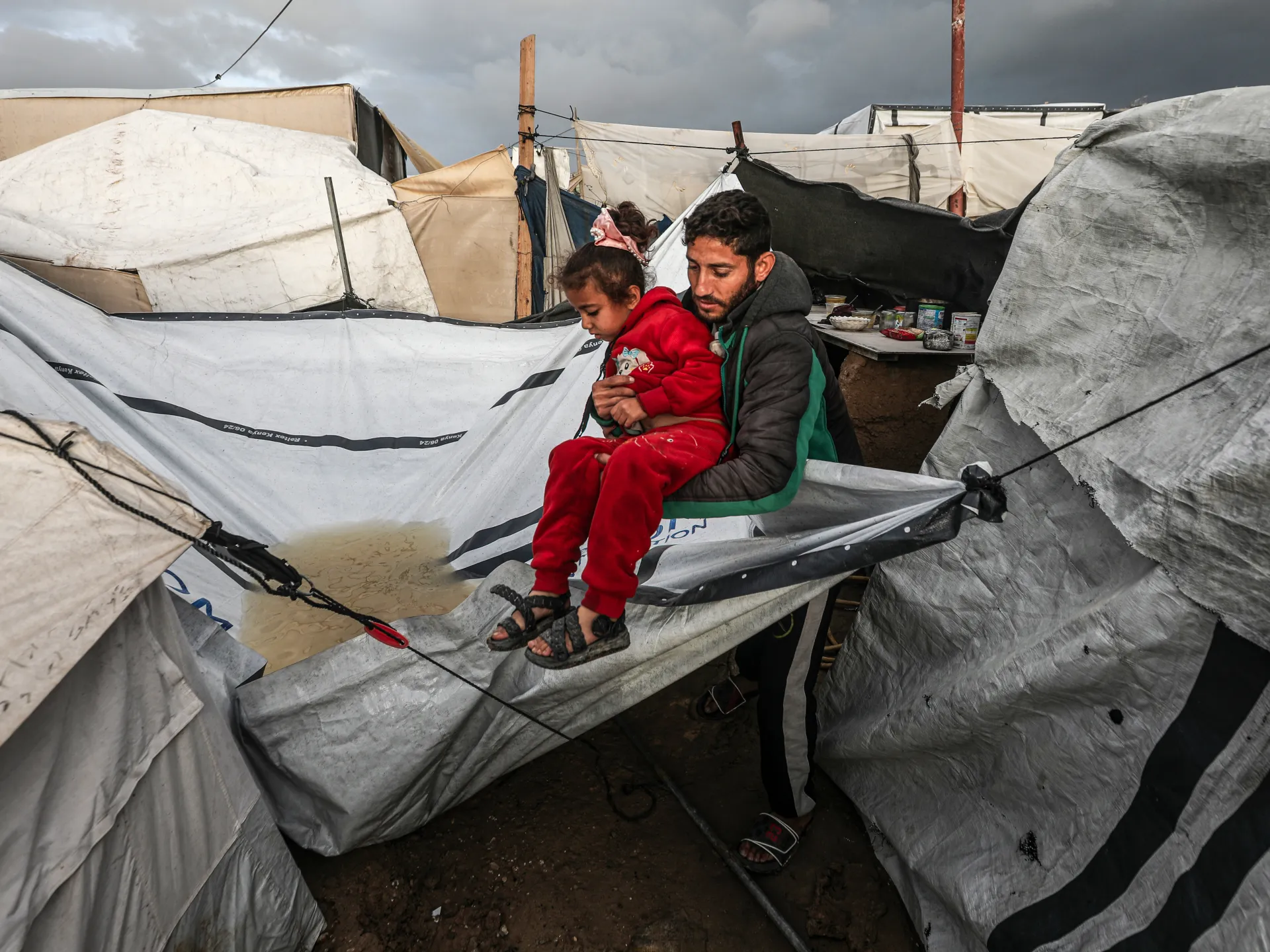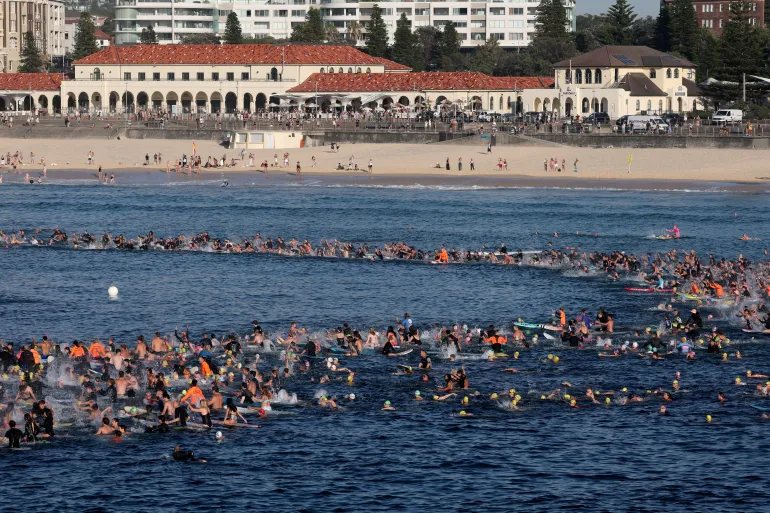UN’s Albanese: Israel treats storm-hit Palestinians of Gaza as ‘expendable’ | News
Special rapporteur says Israel’s nonresponse to the growing crisis reflects its attitude towards Palestinians.
Francesca Albanese, the United Nations special rapporteur on Palestine, has accused Israel of treating Palestinian lives as “expendable”, linking the “hellish” impact of a deadly winter storm in Gaza directly to the deliberate destruction of the enclave’s infrastructure.
Speaking to Al Jazeera Arabic on Tuesday as a deep weather depression pummelled the Gaza Strip, killing at least seven children, Albanese said the weather disaster had exposed the depth of Israel’s disregard for civilian survival.
“It is shocking even for me sitting far away. … Their lives seem like hell,” Albanese said, reacting to testimonies of families sitting in mud and darkness as their makeshift shelters collapsed.
“We hear of family members … searching for relatives buried under rubble because damaged buildings collapsed on top of them due to the intensity of the rain.”
A ‘man-made’ vulnerability
While the storm is a natural event, humanitarian officials argued its lethality is political.
James Elder, a spokesperson for UNICEF currently in Gaza City, confirmed that seven children had died as a result of cold temperatures. He stressed that these children did not die merely from the cold but also because a “man-made shortage” of food and medicine has left them with zero resilience.
“Children aged two or three have severely weakened immune systems,” Elder told Al Jazeera, describing the situation as “extreme misery”.
“We are talking about layers upon layers of rejection [of aid],” he added, noting that Israel continues to block the entry of cooking gas and fuel needed for heating, leaving families defenceless against winds that weather experts said exceeded 100 kilometres per hour (60 miles per hour).
‘Expendable lives’
When asked about the lack of humanitarian response and Israel’s move to cut ties with UN agencies during such a crisis, Albanese was blunt.
“Israel generally does not care about Palestinian lives. On the contrary, it finds them expendable and [believes they] can be destroyed,” she said.
She argued that the international community is complicit by focusing on other global conflicts while ignoring the “genocide” that has left Gaza’s population exposed to the elements without homes, electricity or drainage systems.
“What more do we need to see? What have we not seen yet?” she asked.
Call for arms embargo
Albanese insisted that sending aid, which is often blocked, is no longer a sufficient response to such catastrophes. She called for immediate punitive measures against Israel to force a change in its policy.
“States must cut trade ties, impose an embargo on arms exports and stop normal dealings with Israel,” she told Al Jazeera.
She emphasised that the “starting point” for any solution must be the International Court of Justice advisory opinion ordering the dismantling of the occupation rather than political plans that ignore the reality on the ground.
‘Winds like a tropical storm’
The vulnerability of the population was highlighted by Khaled Saleh, a senior weather presenter at Al Jazeera.
He explained that the depression brought polar winds reaching speeds typically associated with tropical storms.
“These winds can uproot trees, … so imagine what they do to worn-out tents,” Saleh said, noting that the lack of infrastructure meant water had nowhere to go but into the shelters of displaced Palestinians.


